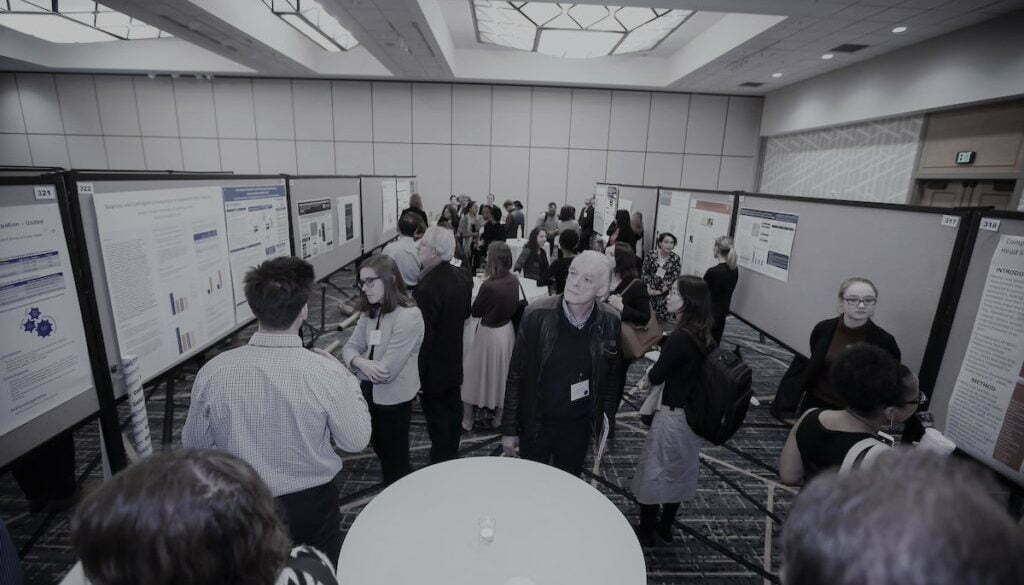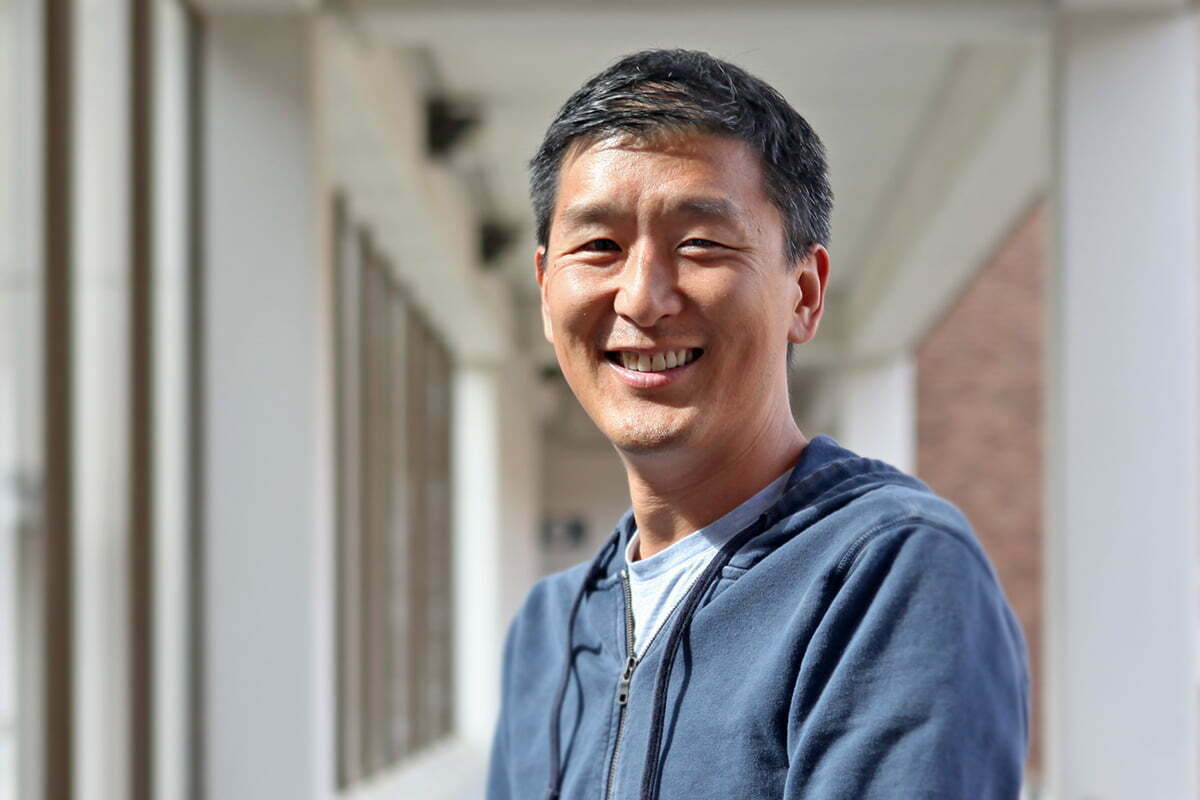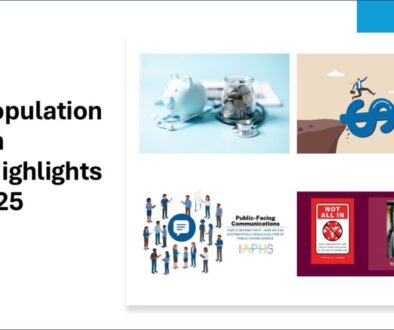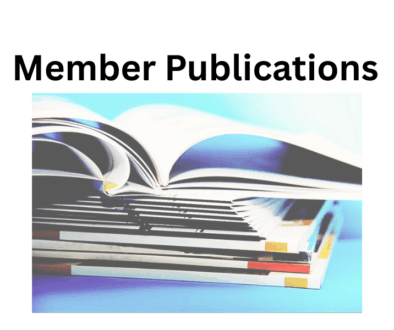Reflections on the 2019 IAPHS Pre-Conference Workshop: Traversing Divides: Interdisciplinary Research in Population Health and Health Disparities
Donald ChiThe 2019 IAPHS pre-conference workshop in Seattle was conceived and organized by Drs. Christine Bachrach and David Takeuchi to help early career scholars anticipate and “traverse divides” that are part of interdisciplinary research.
To me, interdisciplinary research means working on teams comprising scientists from different disciplines. Most of my work in children’s oral health inequalities draws on the strengths of interdisciplinary teams. Over the years, I’ve learned that working across disciplines provides diverse viewpoints that, in turn, lead to more meaningful solutions to complex population health problems.
But working across disciplines can be challenging. Disciplines have different scientific priorities and approaches to problem solving, use different words and language to express research phenomena, and carry different expectations around disseminating findings, publishing, and authorship. Being aware of and having strategies to overcome such challenges sets scientists up for satisfying and productive collaborations.
Fifty early career scholars from multiple institutions and disciplines were selected to participate in this first-ever workshop. Participants learned about interdisciplinary opportunities and challenges from Dr. Ana Diez Roux; the University of Washington’s ground-breaking Population Health Initiative from Dr. Sara Curran, Dr. India Ornelas, and Derek Fulwiler; amd the intricacies of team science from Dr. Dan Stokols.
The highlight of the day was the opportunity to mentor a group of interdisciplinary scholars. We used idea trees, developed by Dr. Stokols, to generate new study ideas. Individuals started with a research question or hypothesis written on a piece of paper. Every few minutes, the paper was passed to the next group member, who responded to the previous comments by adding their disciplinary perspective. By the end of the exercise, everyone had multiple pages of responses that could be used to clarify the original research question, expand the idea, and add new disciplinary insight. I plan on using ideas trees in my lab as a way to brainstorm ideas for new interdisciplinary grant ideas with collaborators and trainees.
The day also gave me an appreciation for the importance of stepping out of one’s own disciplinary comfort zone. We face looming population health problems. So much progress that has yet to be made will come from scientists who can skillfully traverse disciplinary divides – to borrow new ideas and share new ideas with others. It was uplifting to see early career scholars from a variety of fields and disciplines committed to doing the kind of impactful science that will help make the world a better place.
I am new to the IAPHS community. Seattle was my first IAPHS meeting. My overall post-meeting assessment is that the IAPHS brings together an incredible group of veteran and early career scientists. I feel fortunate to have found a new community of scholars who understand the importance of interdisciplinary research and know the role it has in solving health disparities






All comments will be reviewed and posted if substantive and of general interest to IAPHS readers.